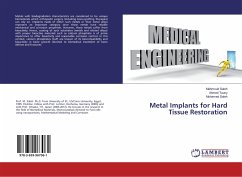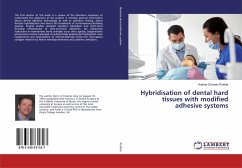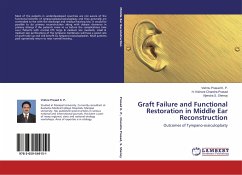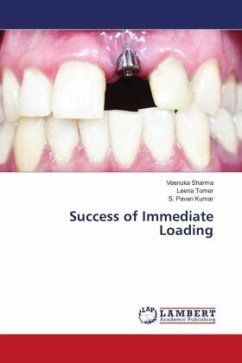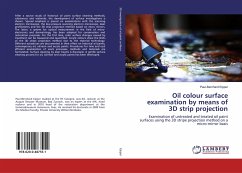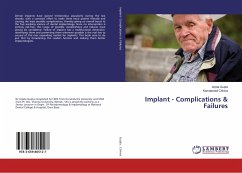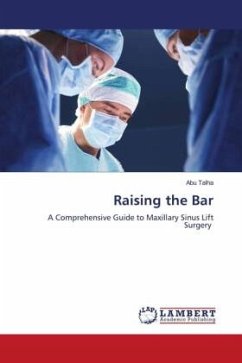Metals with biodegradation characteristics are considered to be unique biomaterials which orthopedic surgery (including bone-grafting therapies) can rely on. Implants made of either such metals or their metal alloys represent an important category since those metals have reliable mechanical and corrosion properties. However, those metals suffer from bioactivity. Hence, coating of such substrates (metals and related alloys) with proper bioactive materials such as calcium phosphate is of prime importance to offer bioactivity and reasonable corrosion control. In this context, calcium phosphates (CaP) are known of its biocompatibility and bioactivity in bone growth directed to biomedical treatment of bone defects and fractures.
Bitte wählen Sie Ihr Anliegen aus.
Rechnungen
Retourenschein anfordern
Bestellstatus
Storno

